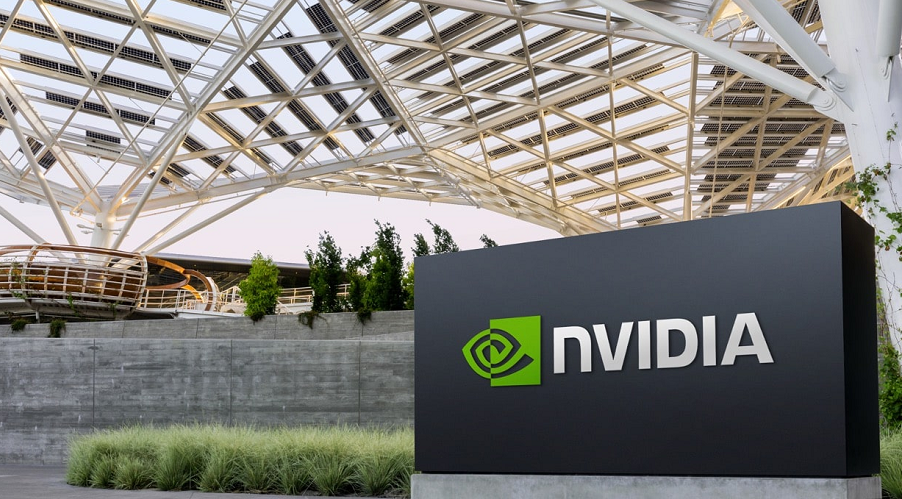 INFRA
INFRA
 INFRA
INFRA
 INFRA
INFRA
Chipmaker Nvidia Corp. has been hit by new U.S. restrictions targeting the export of its specialized H20 graphics processing units to China.
The policy change, implemented this week, will cost the company billions of dollars as it renders a product line designed to comply with earlier curbs on China essentially useless.
In a regulatory filing today, Nvidia said the White House informed it that it would need to obtain a license to export the H20 chips to China for the “indefinite future.” According to CNBC, the new rules are meant to address fears that the products “may be used in, or diverted to, a supercomputer in China.”
Nvidia told shareholders that it’s expecting to take a hit of about $5.5 billion in charges during its fiscal first quarter as a result of “inventory, purchase commitments and related reserves” tied to its H20 product line.
The company’s stock fell more than 6% in late trading on the report. Shares of Advanced Micro Devices Inc., which is Nvidia’s biggest competitor in the AI chip market, declined as well.
The disclosure signals that Nvidia’s rampant growth over the past few years could be slowed by increased export restrictions on its powerful processors, which the U.S. fears could be used by China and other hostile nations for military purposes.
The U.S. has been ramping up its restrictions on chip exports to China for years. Previous President Joe Biden’s administration first placed constraints on what products Nvidia could sell to Chinese customers in 2022, and it updated the rules again a year later, to try to prevent the sale of advanced processors. Nvidia responded by designing the H20 to be compliant with those export rules, and it generated about $12 billion to $15 billion in revenue for the company in 2024.
Nvidia’s H20 chip is comparable to H100 and H200 products it sells to U.S. companies, but it has less bandwidth and slower interconnection speeds, since it’s based on an older architecture. However, Trump administration officials appear to have decided that even this scaled-down chip is too powerful to be exported to its biggest rival in the artificial intelligence industry. It’s notable that DeepSeek Ltd., the startup that developed a foundation model with reasoning capabilities on a par with the best models from OpenAI and other U.S. firms, did so using clusters of H20 chips.
The new rules suggest that the Trump administration intends to follow a similar approach to Biden in terms of trying to rein in China’s technology development, and follow earlier sanctions placed on dozens of Chinese companies that the White House believes are aiding Beijing’s military.
During Nvidia’s last earnings call in February, Chief Executive Jensen Huang said revenue from China had fallen to about half the level of what it was prior to the first export controls being placed on its technologies. He also warned that competition from Chinese competitors is increasing. In the company’s annual filing, it listed Huawei Technologies Co. Ltd. as a major competitor.
China remains Nvidia’s fourth-biggest region in terms of sales, following the U.S., Singapore and Taiwan, according to that filing. In its fiscal 2024 year, which ended in January, more than half of its chip sales went to U.S. companies.
Nvidia’s stock is now down more than 16% in the year to date, with its earlier declines linked to Trump’s widespread tariffs on U.S. trading partners. Although exemptions were placed on some electronics products last week, including semiconductors, computers and smartphones, government officials have said the reprieve is only temporary, subject to separate tariffs specifically aimed at tech products.
Support our mission to keep content open and free by engaging with theCUBE community. Join theCUBE’s Alumni Trust Network, where technology leaders connect, share intelligence and create opportunities.
Founded by tech visionaries John Furrier and Dave Vellante, SiliconANGLE Media has built a dynamic ecosystem of industry-leading digital media brands that reach 15+ million elite tech professionals. Our new proprietary theCUBE AI Video Cloud is breaking ground in audience interaction, leveraging theCUBEai.com neural network to help technology companies make data-driven decisions and stay at the forefront of industry conversations.